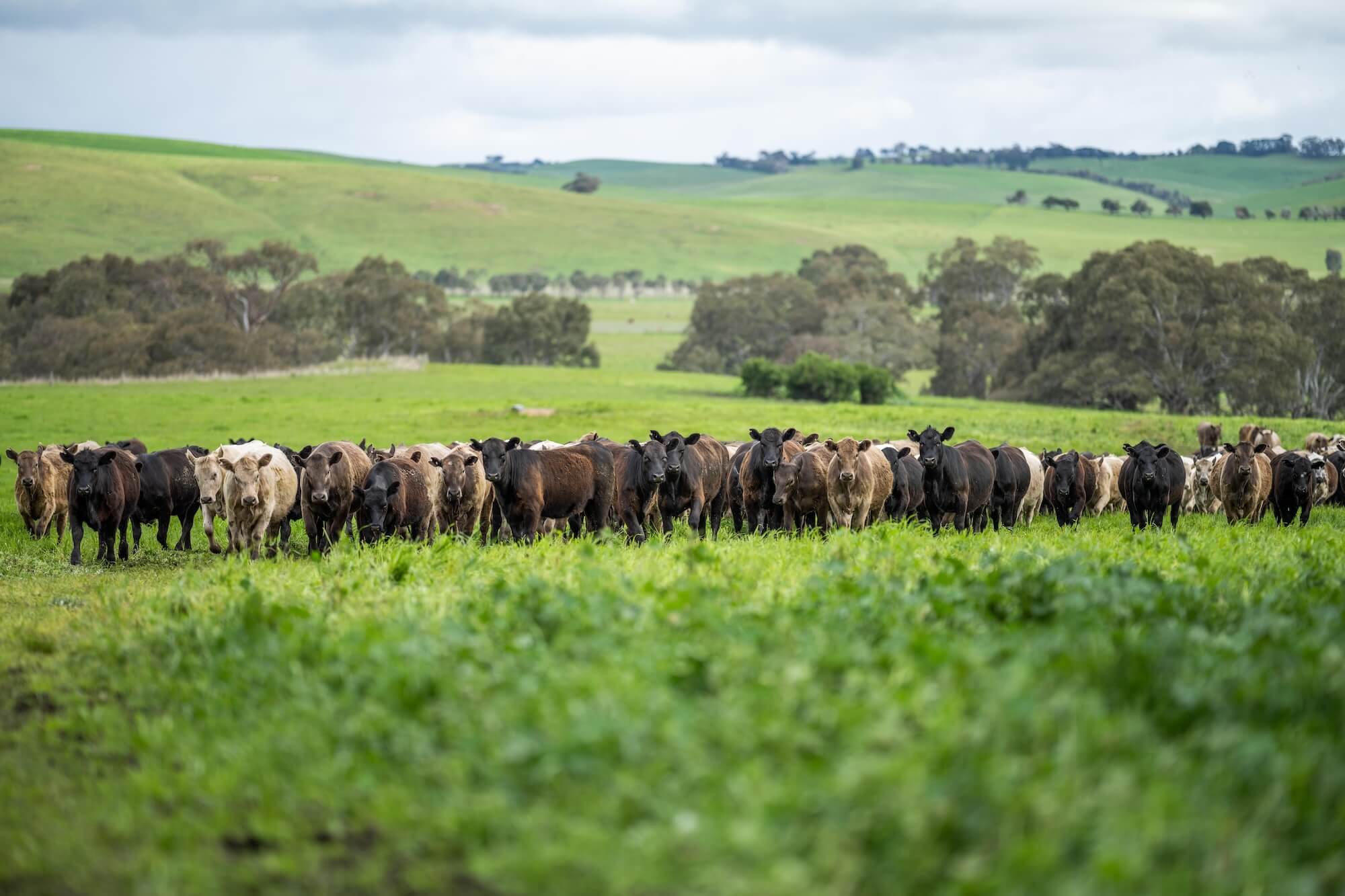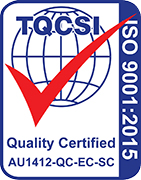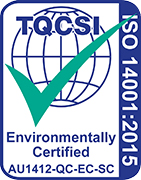
Navigating the Australian Carbon Market
12 December, 2023
Callum Howell, Carbon & Natural Capital Manager
Navigating the Australian carbon market may seem complex, so in this article our Carbon and Natural Capital Manager, Callum Howell, aims to demystify the workings of the market, shedding light on the intricacies and the potential benefits for landholders and corporations.
Ongoing advancements in both Australian and global carbon markets signal considerable progress in tackling the monumental decarbonisation challenge. This, coupled with international expansion and heightened liquidity, points towards the maturation of carbon markets. The trajectory suggests the emergence of a globally connected marketplace, teeming with opportunities for economic benefits.
Understanding the Carbon Market
A carbon market is a trading platform where investors, companies, and governments engage in the buying and selling of carbon credits. These credits act as tradable instruments, allowing parties to offset their greenhouse gas emissions by supporting projects that mitigate or remove carbon dioxide from the atmosphere.
The carbon market in Australia is divided into two segments, the voluntary and compliance markets:
- Voluntary market: allows parties to voluntarily acquire credits from project developers to compensate for their emissions.
- Compliance market: involves the government regulator auctioning off a limited volume of carbon credits to companies in sectors earmarked by the government for emissions accountability.
Participants in the Australian Carbon Market engage in various activities related to carbon trading and emissions reduction. Key participants encompass a varied group:
- The Australian Government is the largest purchaser by volume
- Companies and corporate entities
- Safeguard mechanism entities
- Landholders, including pastoralists and agricultural producers

Australian Carbon Credit Unit (ACCU) Scheme
The ACCU Scheme (previously known as the Emissions Reduction Fund) supports projects that prevent greenhouse gas emissions or that capture and store carbon. This can include initiatives using new technology, equipment upgrades, changes in land or business practices, and vegetation management alterations to enhance carbon storage. Participants earn ACCUs for each tonne of carbon dioxide equivalent emissions stored or avoided by carbon projects.
Recognising the importance of the ACCU Scheme in achieving Australia’s emission reduction targets, in July 2022, the Australian Government appointed an independent panel led by former Chief Scientist Professor Ian Chubb to review the scheme.
The review affirmed that the ACCU Scheme was sound but identified areas for improvement. It made 16 recommendations, endorsed in principle by the government, including clearly identifying and separating the key roles of integrity assurance, regulation, and administration.
Unlocking Opportunities in the Carbon Market
Shareholders are demanding stronger Environmental, Social and Governance (ESG) outcomes from businesses and that is just starting to be reflected in the growing demand for ACCUs. We have seen this occur already in international carbon markets and Australia is now starting to follow.
In addition to ESG benefits, participation in the carbon market presents a range of opportunities and benefits:
- A burgeoning industry with a growing demand for carbon credits
- Projects that bolster productivity, biodiversity, and the resilience of properties and enterprises
- Potential financial gains through diversification of income
- Competitive advantage as environmentally responsible enterprises, obtaining a market niche/advantage
- Access to capital through participation in the market
Addressing Challenges in the Carbon Market
The carbon market is not without its challenges or complexities. Some of the challenges to address, which we at WCG help our clients navigate, include:
- The perceived and actual complexity and administrative burden of accurate measurement, monitoring and reporting, which can be complex and time consuming for enterprises without specific skills.
- Market volatility stemming from a variety of factors, such as regulatory changes, market forces, and political decisions.
- The impact of national and international climate and environmental policies on carbon markets.
- Upholding integrity and additionality through rigorous monitoring and verification - carbon offsetting initiatives (like projects which generate carbon credits) must demonstrate additional and verifiable cuts to emissions.
When establishing a carbon project, there are many things to consider:
- Methodologies are constantly changing: There is no simple “one size fits all” solution.
- Be informed: Find out what worked for the people in your production network or regional area.
- Consider your reasons for getting involved: whether financial, environmental, or a combination of both. Talk to your legal and financial advisers to make the best decision.
- Impact: Examine the impact of changes on the overall operations of the enterprise.
Overall, given that carbon sequestration projects are established for a minimum of 25 years, it makes sense to understand how to take the next steps confidently.
Our Distinctive Approach
Due to our experience and rigour in project design, partnering with the WCG team helps you address challenges and ensures the integrity of your projects. We have over 15 years of expertise in providing environmentally based solutions, such as riparian restoration, reforestation, and planting projects, combined with in-house proficiency in agronomy, GIS, project development, and efficient project delivery.
We provide a comprehensive service that encompass carbon modelling, ecological restoration, and wastewater engineering. We offer end-to-end support for carbon projects, guiding you from the advisory and planning stages through to project delivery, registration, and the supply of ACCUs. Additionally, we are committed to generating co-benefits that positively impact the environment, creating healthier waterways and increasing biodiversity.
Benefits of Environmental Plantings
Under the ACCU Scheme, we focus on Reforestation by Environmental or Mallee Plantings (Environmental Plantings) projects, because carbon abatement is unequivocally tied to the project. WCG streamlines the process for landowners to participate in carbon markets, removing project audit costs, simplifying registration and crediting procedures, and facilitating the sale of ACCUs. This encourages landowners to consider establishing environmental plantings projects, which involve cultivating a diverse mix of native trees, shrubs, and understorey species to establish enduring and sustainable vegetation cover.
Beyond carbon abatement, this initiative offers landowners a range of benefits:
- additional income through ACCUs
- improved livestock conditions
- enhanced pastoral productivity
- land restoration and better ecosystem health

Planting a diverse mix of trees and shrubs is important for carbon abatement.
Contact Us
To drive positive change in your business and reduce emissions we are here to help with your carbon project. Contact Callum Howell, Carbon and Natural Capital Manager, and visit our Carbon page for more details.





